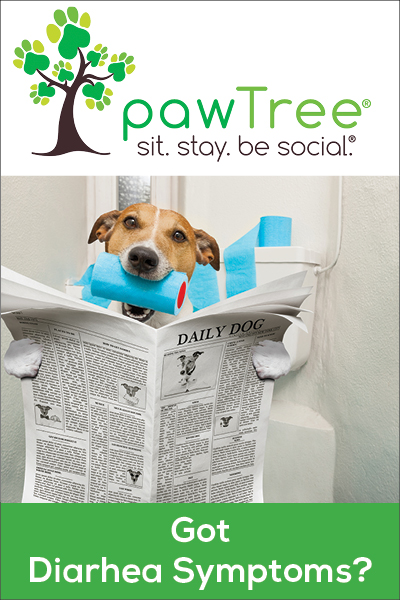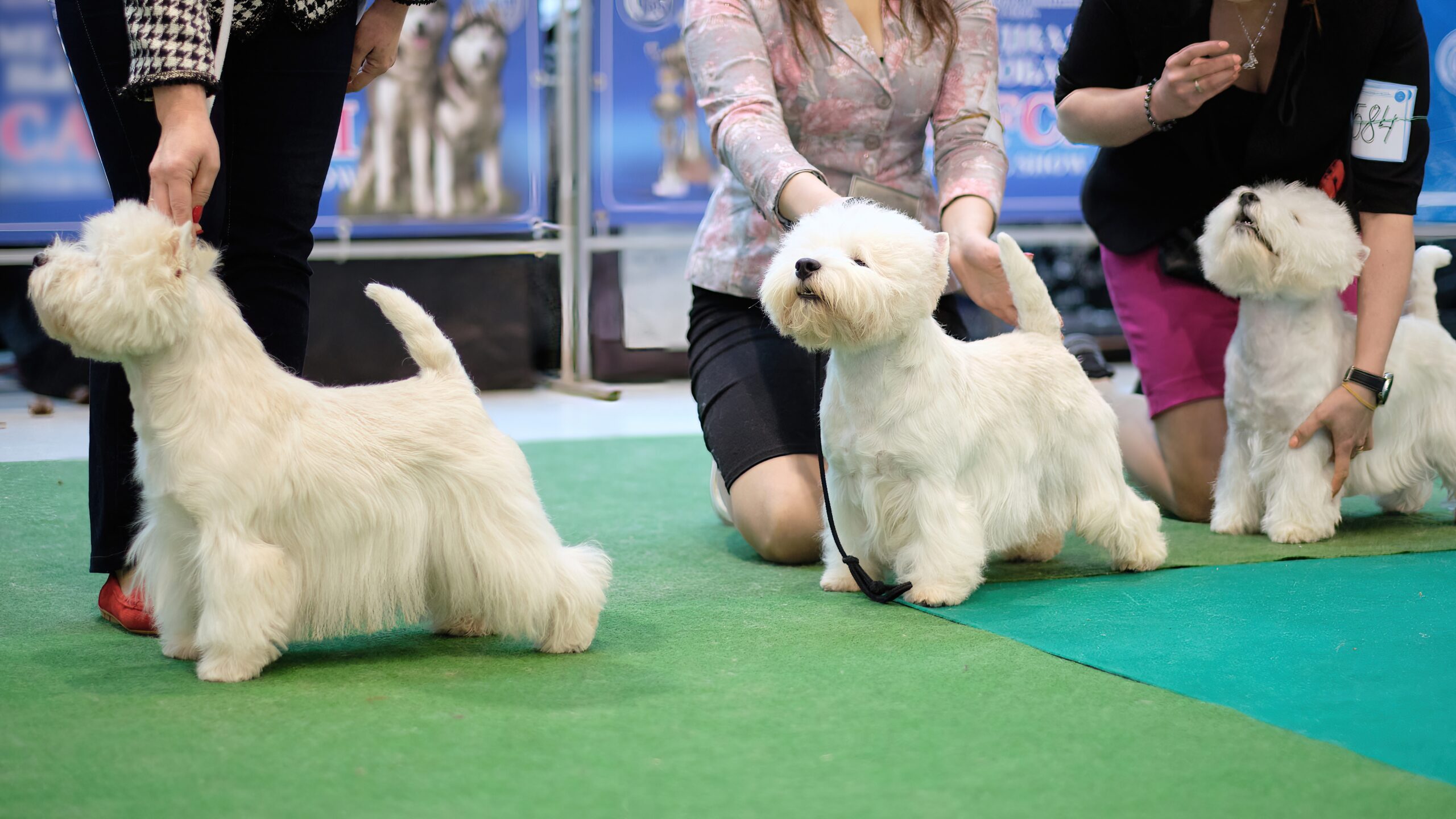Being honest, careful, transparent, and loyal to the breed you are raising will help you shine and set you apart as a special kind of breeder in this industry called dog-breeding.
GH: I would suggest find the breeds you think are attractive, then do your research on the breeds to see what would fit you best. Take your time, talk with people who are knowledgeable of these breeds. Remember, you must have a breed you can love even when things go wrong or puppy sales are slow. One valuable source of information is the Complete Dog Book from AKC. It has a lot of information on all the different AKC recognized breeds.
MKS: I think most of us picture a certain dog. We might not even realize what breed we picture, but when we think of a dog, we think of certain traits. For example, some of us might think of a dog as a hunting companion, or some as a working farm dog, some as sports or hiking companions, and others are looking for that cuddly loving lap dog. There are always more things to consider as well, but if the breed fits the bill in terms of what you have always thought of as the perfect dog, that will give you more passion to truly take time and care about the dogs, the breed, and the traits that make your breed number one.
MG: Stick with the breed you love. You may ask, “How do know which breed I love?” Regardless of the pros and cons of any breed, if it is a breed you love, the challenges will not bother you. You and your buyers will equally embrace any of that breed’s challenges as a positive. I tell families that the characteristics that make you want a Newfie are the same characteristics that would turn you away. And really, this is a common question that I get asked a lot, and after 45 years I still do not have the perfect answer. But the breed(s) you love will call out to you, and when that happens, do your research about that breed and learn all you can. Talk to other breeders or breed owners. It may be a couple of different breeds. This could arise from a multiple of experiences from childhood to adulthood, good and bad.
Does being a breed specific breeder offer any kind of advantage when selling a puppy, and how important do you think it is to your customers?
PLD: In 2013, when we were brand-new to the business, we added a basset hound girl or two to our dog family. They look like overgrown dachshunds, carry a lot of similar traits, and we thought we were in love with the hounddog type of dog. When we raised that first litter, we discovered that people coming to buy dachshund puppies weren’t interested in basset puppies and basset customers wouldn’t give a second glance at our adorable little dachshund puppies! We found quickly that if you are not passionate about the puppies you are raising, your customers will figure that out from the first moment. Believe it or not, people can spot a fake quickly and we learned that the hard way when we tried selling basset puppies while our heart was with our favorite dachshunds. If you are knowledgeable, passionate, and loyal to the breed you are raising, you are taking the first step to setting yourself up for a successful puppy sale.
According to a recent study done by The Dog Journal, 51% of potential puppy buyers think it’s very important to specialize in one breed. Most people want you to educate them on the breed, what their requirements are, etc. If you have a passion for the breed you’re raising, you’ll take more interest in possible genetic disorders, traits, habits, temperaments etc. for that specific breed. Customers don’t buy what you do, they buy why you do it. This I find so true in this industry!













